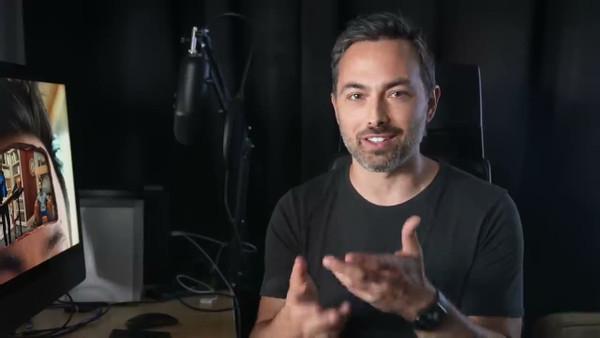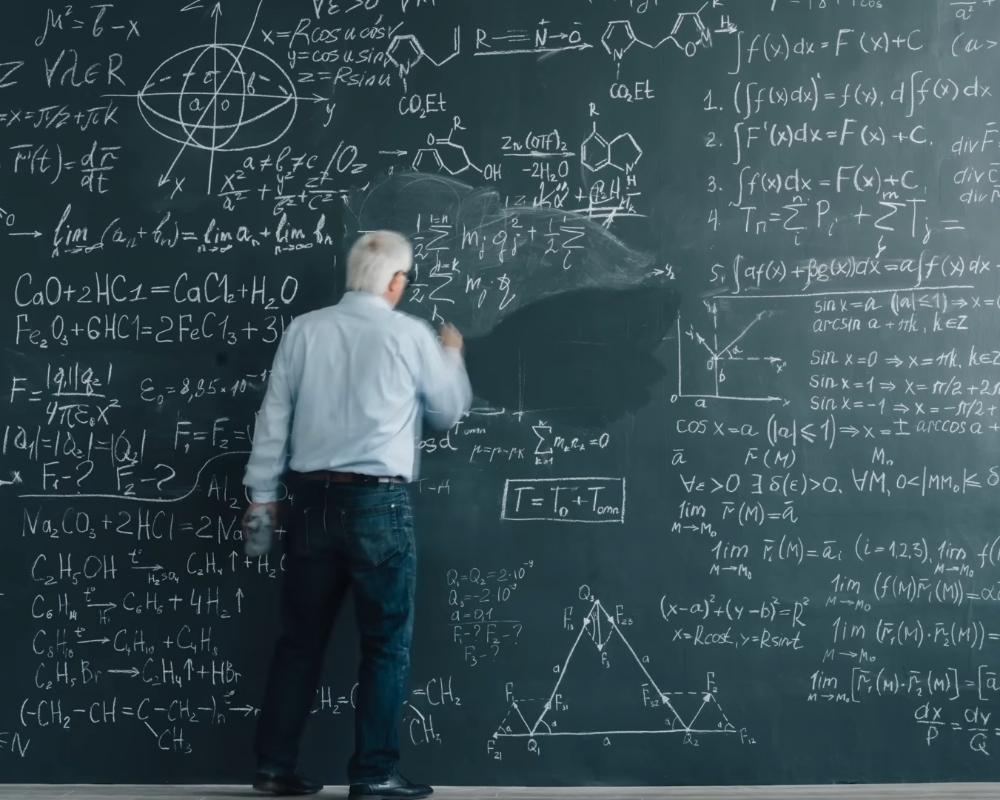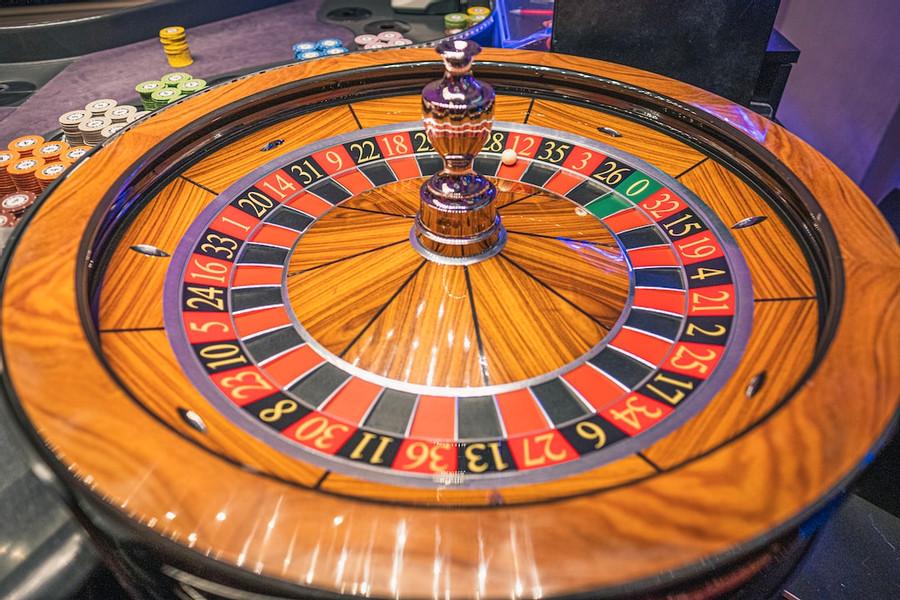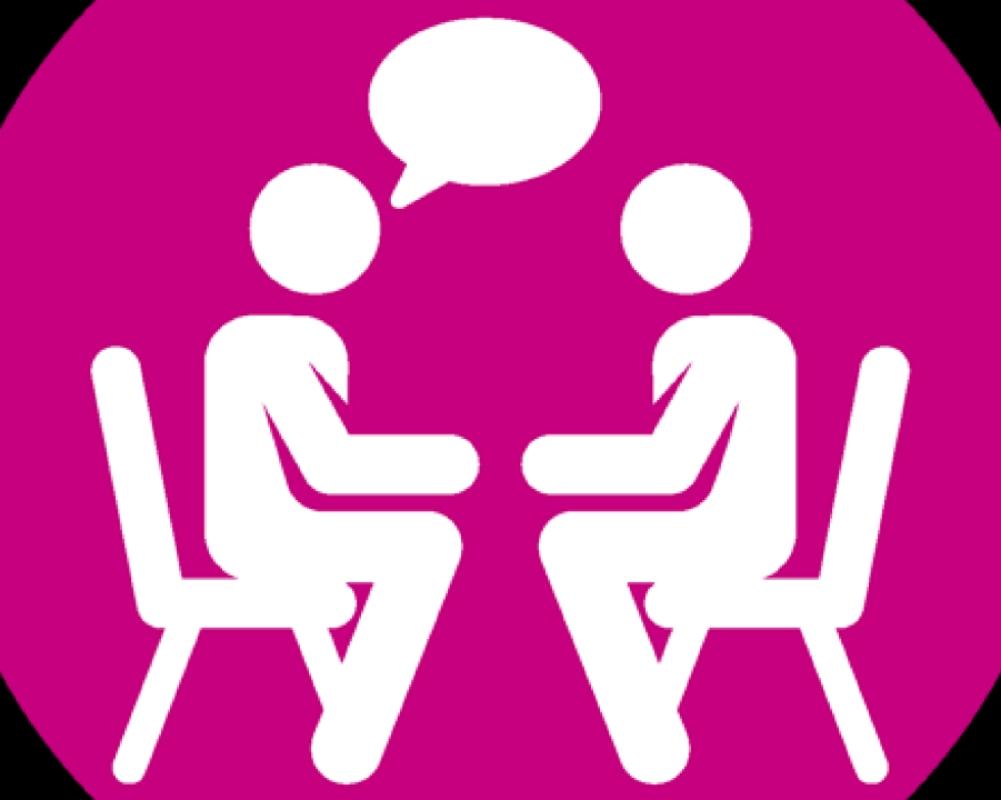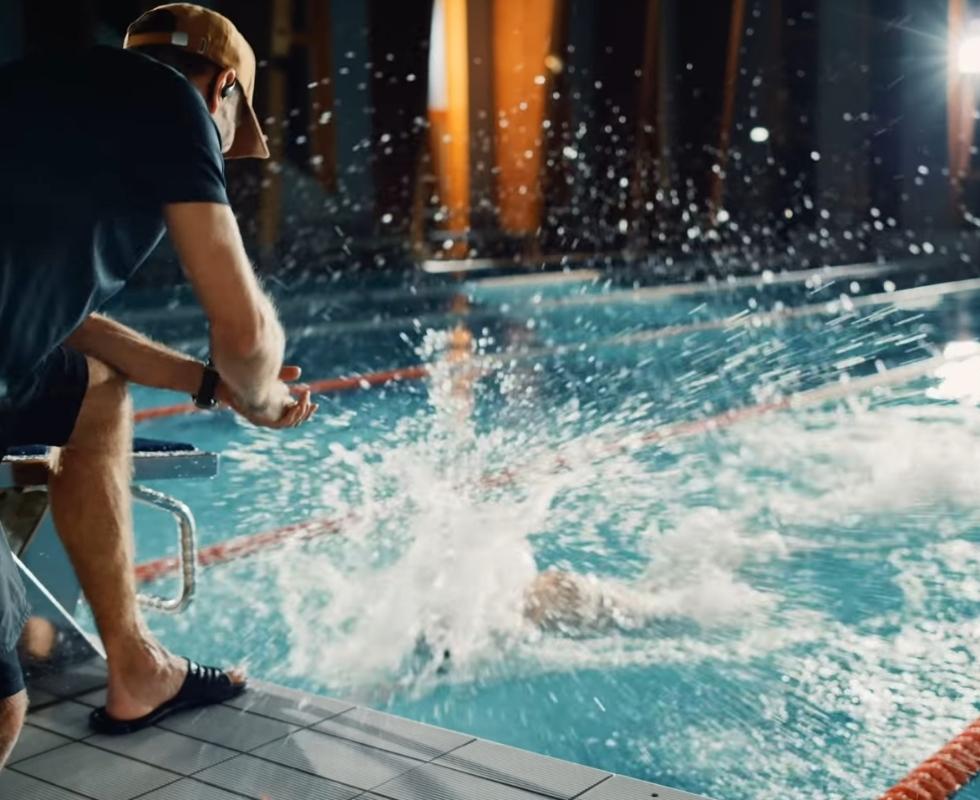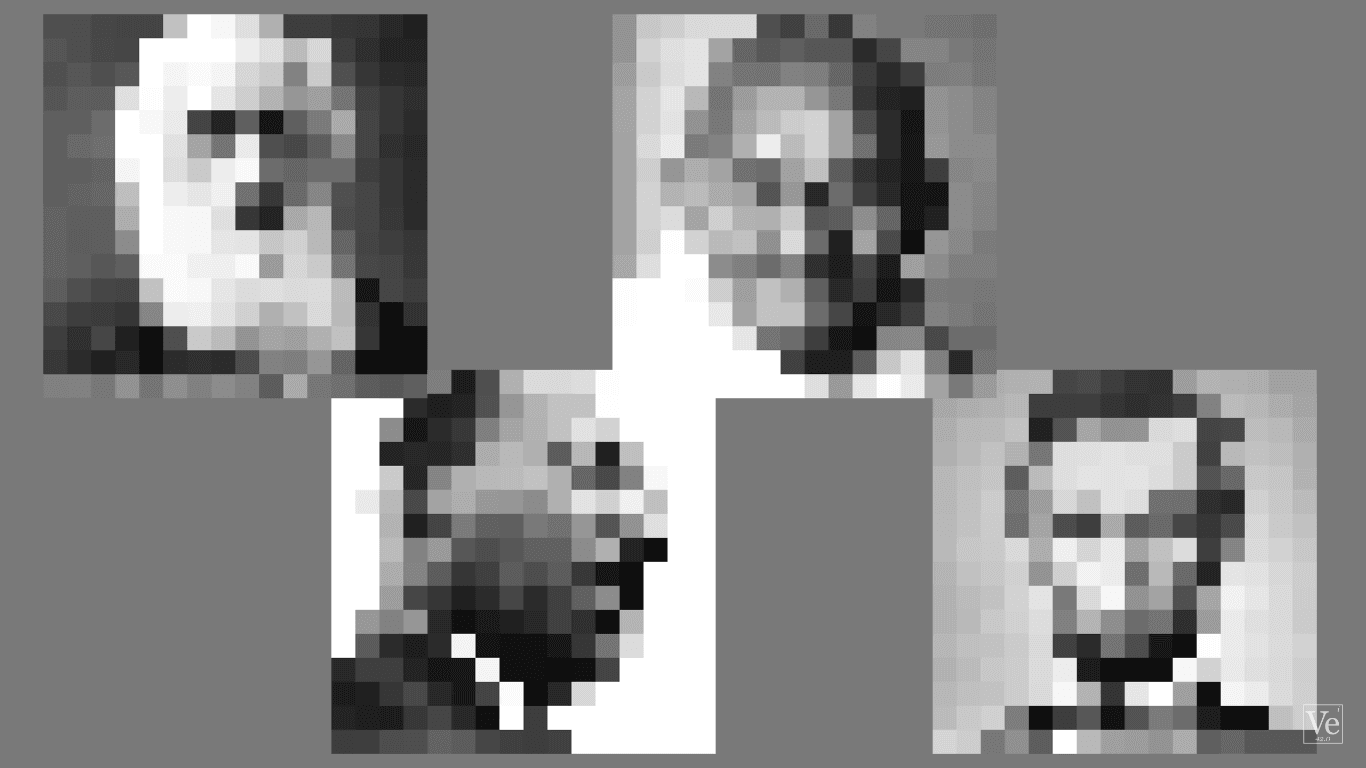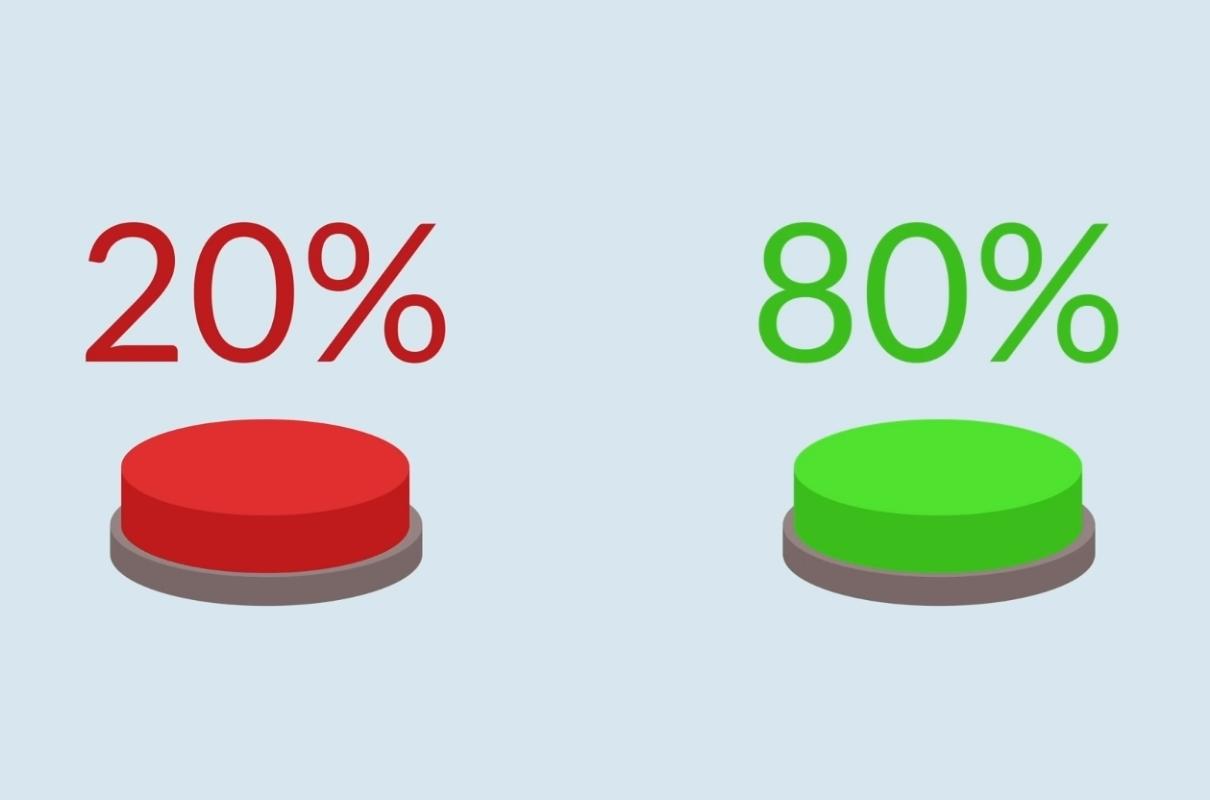Explore the World's Best Ideas
Join today and uncover 100+ curated journeys from 50+ topics. Unlock access to our mobile app with extensive features.
Introduction
What it takes to be an expert?
Which experts have real expertise?
In summary, the video asserts that becoming a real expert 10,000 hours of practice (rule of thumb popularized by Malcolm Gladwell) by itself is not sufficient. There are four criteria that must be met.
- Many repeated attempts
- Validity of environment
- Timely feedback
- Deliberate Practice
And in areas where these criteria aren't met, it's impossible to become an expert.
14
141 reads
1. Many Repetitions
This one goes in hand with the traditional idea of practicing 10000 hours.
For instance, tennis players hit hundreds of fore hands in practice. Chess players play thousands of games before they're grand masters and physicists solve thousands of physics problems.
14
134 reads
2. Valid environment
Certain professionals can't achieve 'expertise' because the work they do is random and has low validity environment.
A gambler betting at the roulette wheel may have thousands of repeated experiences with the same event. And for each one, they get clear feedback in the form of whether they win or lose, but you would rightfully not consider them an expert because the environment is low validity.
Similarly vast majority of stock pickers and active investment managers, do not demonstrate expert performance because stocks are a low validity environment.
14
113 reads
3. Timely feedback
Growth happens when someone presents a perspective that causes an individual to reevaluate their current position.
In particular, feedback is about helping people close the gap between where they currently are with regards to their performance, and where they need to go to achieve their goals.
14
113 reads
4. Deliberate practice
If you want to keep improving you have to put yourself in challenging situations.
In order to get to an expert level, you have to be practicing at the edge of your ability, pushing beyond your comfort zone. You have to use a lot of concentration and methodically repeatedly attempt things you aren't good at.
This is where coaches and teachers can play an important role. They can recognize your weaknesses and assign tasks to address them.
15
89 reads
What makes experts like chess masters special?
Do they have extraordinarily high IQs, superior spatial reasoning compared to the average, or better short-term memories? It turns out that chess masters are not particularly exceptional on any of these measures as a whole.
Chess experts don't have better memory in general, but they have better memory specifically for chess positions that could occur in a real game.
Magnus Carlsen(Chess World Champion) recognizes chess positions the same way we recognize faces. And recognition leads directly to intuition.
13
80 reads
Humans have hard time accepting average results
This can be shown using an experiment carried out with Humans and Rats. There was a red button and a green button that can each light up. 80% of the time, the green button lights up. And 20% of the time the red button lights up, but randomly. So you can never be sure which button will light. And the task for the subject, either rat or human, is to guess beforehand which button will light up by pressing it. For the rat, if they guess right, they get a bit of food. And if they guess wrong, a mild electric shock.
13
81 reads
The rat quickly learns to press only the green button and accept the 80% win percentage. Humans on the other hand, usually press the green button. But once in a while, they try to predict when the red light will go on. And as a result, they guess right only 68% of the time. We have a hard time accepting average results.
13
87 reads
Conclusion
To become an expert, you have to practice for thousands of hours in the uncomfortable zone, attempting the things you can't do quite yet.
At its core, expertise is recognition. And recognition comes from the incredible amount of highly structured information stored in long-term memory. To build that memory, requires four things: many repetitions, a valid environment, timely feedback, and thousands of hours of deliberate practice.
16
98 reads
IDEAS CURATED BY
I like maths, learning, reading and watching interesting stuff.. Follow @expmaths on Instagram and YouTube Link: https://www.instagram.com/expmaths?igsh=MW5lcjh2Yjd0MThndw==
CURATOR'S NOTE
We often think only practice is required to be an expert but that's not enough to become a true expert and reach at top!
“
Shahid Ansari's ideas are part of this journey:
Learn more about personaldevelopment with this collection
How to build trust and respect with team members
How to communicate effectively
How to motivate and inspire others
Related collections
Similar ideas
2 ideas
Here's Why Yawns Are So Contagious
livescience.com
2 ideas
Still Good? 5-Second Rule a Myth, Study Finds | Live Science
livescience.com
3 ideas
Read & Learn
20x Faster
without
deepstash
with
deepstash
with
deepstash
Personalized microlearning
—
100+ Learning Journeys
—
Access to 200,000+ ideas
—
Access to the mobile app
—
Unlimited idea saving
—
—
Unlimited history
—
—
Unlimited listening to ideas
—
—
Downloading & offline access
—
—
Supercharge your mind with one idea per day
Enter your email and spend 1 minute every day to learn something new.
I agree to receive email updates
